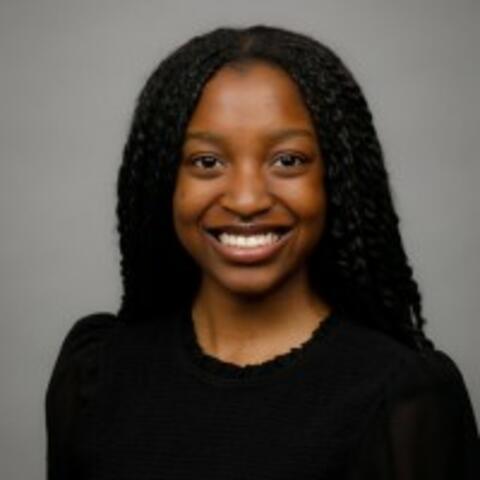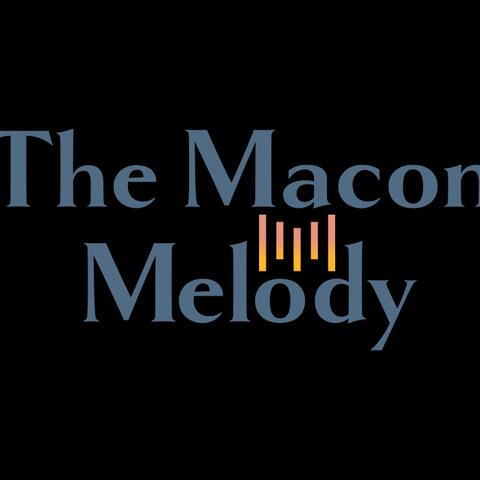Section Branding
Header Content
How Capricorn Studios preserves the pulse of Macon’s rock and roll heart
Primary Content
Originally a simple building with a lounge and a studio filled with guitars, amps, a drum kit and an analog mixer, Capricorn Sound Studios was the beacon for iconic southern rock stars like the Allman Brothers Band and the Marshall Tucker Band in the 1960s and ‘70s.
In a city that is the hometown of the legendary Little Richard, who is considered a pioneer of rock n’ roll, it was inevitable that as more musicians followed in his footsteps, a studio that supported soul, R&B and rock artists in Middle Georgia — and the greater South — was needed. So, booking agent Phil Walden, then-manager of Otis Redding, decided to invest in building the historic Capricorn Records.
Today, the burlap walls, cedar shake, windows, carpet and nearly everything else from the original studio in 1972 still remain as Capricorn’s historic Studio A, one part of a 4 building multi-purpose facility that keeps music alive and well in Macon.
After shutting down in 1980 due to bankruptcy, Capricorn reopened in 2019 and continues to adapt to an ever-changing musical landscape. One part of the building is a museum that preserves and details the history of the original Capricorn Studios. Next to the famed Studio A is the more modern Studio B, mainly used for recording large ensembles like choirs and orchestras.
“As part of the restoration, we didn’t repair or replace anything if we didn’t have to. Pretty much as soon as we had an electrician tell us we’re not going to burn it down by plugging in a keyboard, then we kind of kicked everyone out of here.” said Bob Konrad, Capricorn Studios’ operations manager and one of its two sound engineers.
“The only people back here were two audio engineers to get it wired up. And then during the restoration, all the contractors restored a beautiful, million-dollar facility around what feels like a $10 room. We just vacuumed the '70s out of the carpet, moved in our equipment, and hit the ground running.”
In addition to the original space and the museum, Capricorn expanded to include rehearsal rooms called “music incubators” that are rented to local artists for gear storage, office space and micro studios for songwriting and production sessions. On most days, Capricorn is filled with local artists across all genres and ages working and recording.
“We’re pretty lucky. Young musicians want to plug into the same outlet as their favorite musicians, and the first generation Capricorn artists, musicians that started here 50 years ago come back and work with us,” Konrad said. “A lot of local musicians, normally wouldn’t have an opportunity to record in a world class facility, and now it’s like the price of recording in their buddies’ basements. So it’s nice to be able to give the resources to a music community that certainly needs the resources.”
With affordable rates, versatile facility offerings and a strong historical tie to the community, Capricorn has pulled in a number of musicians.
During his time at Capricorn, Bob has worked with dozens of artists near and far, including Chuck Leavell, pianist for the Rolling Stones and a longtime Allman Brothers Band member;, Brent Cobb, a songwriter whose written for the likes of Luke Bryan and Miranda Lambert; and Marcus King, a singer who has opened for names like Chris Stapleton.
Konrad is originally from Wisconsin and first traveled to Macon in 2009 to volunteer at the Allman Brothers Museum. When he first came to Macon, it was “almost a ghost town” with little to do and a reputation of being unsafe after dark.
After coming back a few times a year and seeing the city progress, he decided to move to Macon full time. In 2019, Konrad was invited to tour the facility as it was being renovated and offered a job to manage the new Capricorn Studios.
“It was a construction site at that point; we had to wear hard hats walking in the front door, there were jackhammers and contractors all over the place. But once I walked through that door back into Studio A, it was dead silent, 1972,” he said. “So when they said ‘Hey, we’re bringing Capricorn back, would you like to work here?’, it was a no-brainer. To be able to call this my office was a really easy decision to make.”
With financial support from Mercer University, Capricorn’s reopening just ahead of the pandemic gave local artists a space to create music at an affordable rate and also revitalized a valuable market that attracts people to the city.
In partnership with Mercer, Capricorn has provided more resources for musicians in the area as well as students seeking experience in music production. Next year, Capricorn and Mercer will begin offering more courses, including new programs in audio engineering and music business.
“It is a really cool opportunity, because having this as your classroom is a unique experience. In working with Mercer to help develop the audio engineering program and music business program, you can learn the back of house and front of house at the same time. So it’s pretty exciting with the resources and opportunities that we have here not just for Mercer students and Mercer Music, but just the music community in general,”
Capricorn’s long standing history and unique placement in Macon makes it an optimal place not just for aspiring musicians in the area to hone their craft, but for artists from music capitals like Nashville and New York to move away from the fast pace of the city and have a space to be creative and experiment with their sound in a relaxed environment.
“It’s very easy to feel inspired in a place like this, knowing the amount of musicians that came through here. What brought those musicians here in the 70s is what continues to bring musicians here. The sound of the room, the equipment, and the people using it is what attracts people to the studio.”
Bob hopes that Capricorn Studios continues to be one of the places in the community committed to preserving the culture of music in Macon for years to come.
“Watching a project come from pencil to paper to fully composed arrangements, it is really a treat to see that creative process from beginning to end. Something we can hang our hat on is that all the music that comes out of Capricorn is uniquely made.
“Since this place is half music tourism and half music production, being able to invite music fans into a historic place like this and seeing the reaction on their face is worth it alone. To be able to share this place with music fans and record with our favorite musicians, I couldn’t ask for more.”
This story comes to GPB through a reporting partnership with The Macon Melody.



